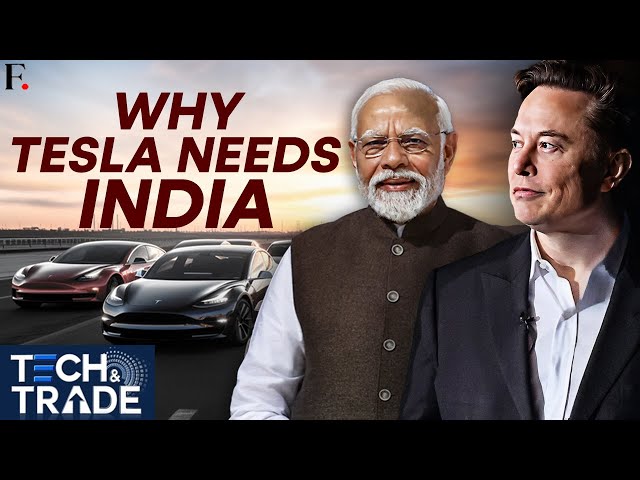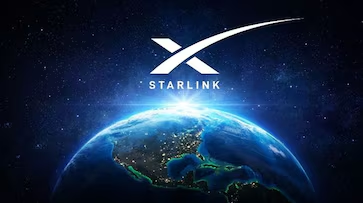Tesla Needs India Or India Needs Tesla-24
Tesla Needs India Or India Needs Tesla
India, one of the world’s fastest-growing economies, and Tesla, the world leader in electric vehicle (EV) manufacture, have developed a growing partnership that has drawn a lot of attention in recent years. A possible partnership would be extremely beneficial to both sides, since one would bring special advantages and opportunities to the other.
This essay explores how India’s aggressive clean energy targets and growing need for sustainable transportation options interact with Tesla’s market expansion ambitions, its experience with charging infrastructure, and the localization advantages it may gain from the country. Our goal in conducting this investigation is to determine whether Tesla needs India or India needs Tesla for its worldwide expansion or whether India requires Tesla’s technological know-how and market leadership in its pursuit of sustainable mobility solutions.

Government representatives in India will not grant Tesla “no separate policy,” as the ongoing dispute between the two seems to have no end in sight.
Although Prime Minister Narendra Modi and Tesla CEO Elon Musk have a close relationship, there doesn’t seem to be enough closeness to result in cooperation, despite the fact that Tesla has been trying to enter India for years.
The differences between the two have been evident from the start.
India wants Tesla to commit to a factory before reducing import levies, which would provide the EV manufacturer with an accurate picture of demand, while Tesla wants to test demand by importing vehicles from another factory.
Follow our Digiknowledge.co.in page for the latest updates about bikes, cars, sports, lifestyle, and many more.
Tesla Needs India:
Market expansion: As a major producer of electric vehicles (EVs), Tesla is constantly trying to enter new markets. Tesla has a big chance in India because of the country’s expanding middle class and growing interest in environmentally friendly transportation.
India has cheaper labor and production expenses in comparison to certain other nations. This may lower Tesla’s production costs and increase the pricing competitiveness of their automobiles.
India’s infrastructure for charging electric vehicles is still in its infancy, but Tesla has the potential to significantly accelerate its development. Tesla has the potential to contribute to the development of a strong nationwide network of EV charging stations by making station investments and working with regional partners.
Localization: By establishing production plants in India, Tesla may be able to cut import duties and increase the affordability of its cars for Indian buyers.
India has set itself some very high clean energy targets, one of which is to switch to electric vehicles. Reducing air pollution and greenhouse gas emissions could be achieved by working with Tesla to achieve these goals.
What are Tesla’s potential benefits from India?
Market Expansion: India presents a great chance for Tesla to increase its market share due to the country’s growing middle class and rising environmental awareness. Given that there are more than a billion people on the planet, even a modest penetration rate might result in large sales for Tesla.
Infrastructure for charging: Since India’s infrastructure for charging is still in its infancy, Tesla has the opportunity to take advantage of this and use its resources and experience to build a strong network. Tesla can allay concerns about range anxiety and promote the broad use of electric vehicles in India by making investments in charging stations and working with regional partners.
Localization: Setting up manufacturing plants in India helps lower import expenses and supports the government’s ‘Make in India’ program, which encourages homegrown production.
Tesla may avoid import duties by assembling cars locally, which might lower the cost of its automobiles for Indian customers and boost the company’s competitiveness.
Clean Energy Objectives: India has set high standards for the switch to clean energy, which includes electric vehicles. India will be able to benefit from Tesla’s experience in renewable energy and electric vehicle technologies through partnership. In the long run, this collaboration could help India achieve its sustainable development objectives by hastening the nation’s efforts to cut greenhouse gas emissions and air pollution.
Why did Elon Musk cancel India’s visit?
India visit postponed, Elon Musk says, due to “very heavy Tesla obligations.”
Why is Tesla not able to launch in India?
According to the Society of Indian Automotive Manufacturers (SIAM), cars whose cost, insurance, and freight (CIF) value exceeds $40,000 (Rs 30.6 lakhs) are currently subject to a 100% import charge in India. India charges a 60% import duty on vehicles with a CIF value under $40,000.
Why is Tesla trending in India?
With India providing a buffer against its larger competitors and the crippling competition from Chinese automakers flooding the global market with low-cost EVs, Tesla has access to a market with enormous potential for both its inexpensive and other models.



